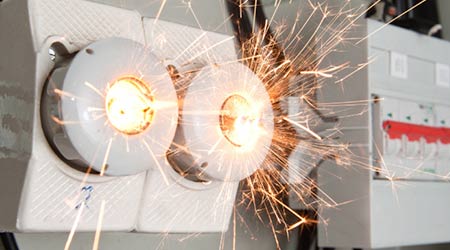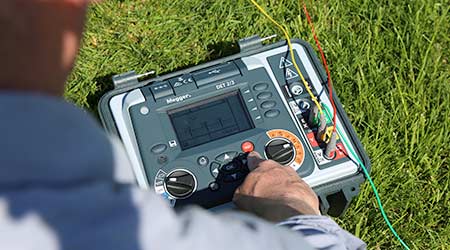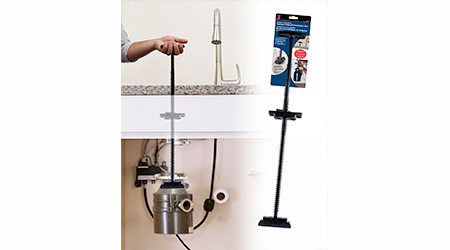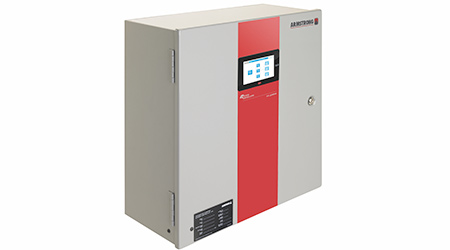« Back to Facilities Management News Home
« Power & Communication
Survey Finds Need for Increased Arc-Flash Safety Awareness

Littelfuse, Inc., a global manufacturer of technologies in circuit protection and power control, today announced the results of its recent facility electrical safety survey. The global survey conducted by Littelfuse earlier this year finds that while most workers feel arc-flash mitigation is a priority in their workplace, only half have completed a risk assessment to identify hazardous areas. Of the facilities completing a risk assessment, 75 percent have equipment rated at high risk of more than 8 calories/cm2. The calorie rating determines the required minimum arc-flash protection clothing workers must wear to protect themselves. To put that in perspective, the onset of second-degree burns may occur at 1.2 calories/cm2.
The survey reveals a need for increased safety awareness. Many facilities fail to conduct an arc-flash hazard assessment, provide safety training, and implement engineering controls to mitigate risk. The survey finds:
- 79 percent agree that arc-flash mitigation is a priority at their workplace; however, 1 in 3 workers have experienced an arc-flash event
- Arc-flash assessments were completed at 66 percent of the facilities surveyed. Of the facilities that completed an assessment, 77 percent also report having equipment at high risk—rated more than 8 calories/cm2
- 85 percent are familiar with National Fire Protection Association (NFPA) 70E, Standard for Electrical Safety in the Workplace, but only 40 percent are familiar with the 2018 edition of the NFPA 70E Hierarchy of Controls
- Nearly 25 percent of overall respondents said they have never received safety training at their workplace
“Electrical incidents contribute to a substantial number of worker injuries and fatalities,” said Peter Kim, vice president and general manager, Littelfuse Industrial Business Unit. “Conducting an arc-flash risk assessment is an important first step to ensure the safety of workers. We conducted this survey to identify gaps in electrical safety and pinpoint additional training needs.”
More From 5/31/2019 on FacilitiesNet












